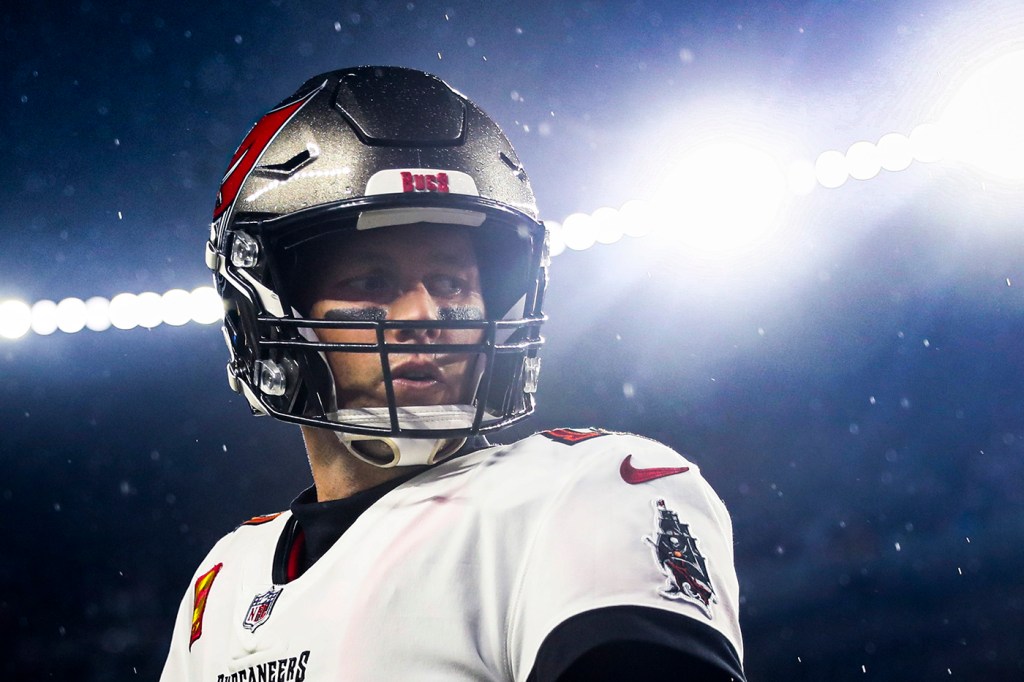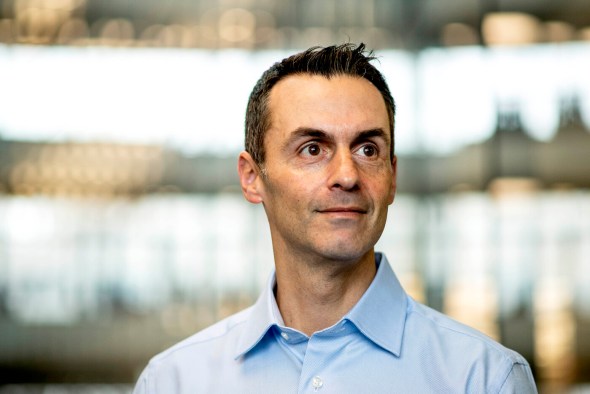Tom Brady without football: A look at the psychology of a retiring athlete

Twenty-three seasons and seven Super Bowl rings later, quarterback Tom Brady is hanging up his jersey and donning civilian clothes. His retirement announcement on Wednesday comes a year after the 45-year-old football star initially said he was stepping away from the sport before committing again to what would be a final season with the Tampa Bay Buccaneers.
Even a sporting megastar like Brady, widely considered the greatest quarterback of all time, faces uncertainty when making the leap from public celebrity to private citizen.
But Brady, who for years has said he wanted to play football past the age of 40, has built a legacy on sporting longevity, planning for retired life while he was still chasing championships with the New England Patriots and Buccaneers, says Grayson Kimball, a psychology professor at Northeastern who also works as a mental performance coach.

“He has, over the last five or so years, laid out his post-retirement plan” while still playing, Kimball says. “He’s got the TB12 brand; he now has a clothing line. He knows what he’s doing. He’s been planning for this.”
It’s true. The success of Brady’s business ventures, coupled with the career earnings, more than ensures he will be financially comfortable in life after football—and perhaps even busier than he imagines. It’s a phase likely to be filled with new meaning and fulfilling replacement activities, the quarterback said over Instagram last year, when he first considered retirement, adding: “I have loved my [National Football League] career, and now it is time to focus my time and energy on other things that require my attention.”
But for many athletes, retirement can be sudden and unplanned, leading to higher rates of mental-health and substance-abuse issues. It’s more often the case that athletes are forced out of competition because of injury, or are discarded as has-beens and displaced by younger talent, Kimball says.
“It’s rare that an athlete goes out on their own terms,” he says. “Many times you’ll hear that so-and-so retired because of an injury. That they tried to come back and just couldn’t do it.”
The average career length for an NFL player is between three and four years, and about 78 percent of players go broke within three years of retirement, according to data from the National Bureau of Economic Research.
Average career length is only slightly longer for National Basketball Association players—and for baseball players, it’s even less. While organizations like the NFL do have career-transition services in place to help players plan their post-football futures, they’re hardly used, Kimball says.
“There are services available,” Kimball says. “But do the athletes take advantage of it? The answer is no.”
The question of how athletes—professional and college alike—fare emotionally after they step away from sport is really a discussion about meaning and identity, says Jeff Levin, a psychotherapist and life coach who’s worked closely with Northeastern student-athletes.
“My feeling is that when you’re at a level like that, and your job depends upon success—when that goes away, it’s definitely a loss from the ego standpoint,” Levin says. “I think people need to go through a grieving process.”
Levin says the pressures on young athletes, such as those who have not yet turned professional, to succeed can have devastating consequences on their mental health. These pressures are a product of a culture of “hero worship,” he says. Even upper-echelon college athletes today can make money on “their likeness and image” in the ways professional athletes do, Levin says.
“The athletes I know, who are under the age of 30, have ‘outcome fever,’” he says. “They’ve been raised to put all of their eggs in the athletic basket. And when it doesn’t work out for them, they can get into serious trouble.”
So how will Brady do when his fame and popularity fade away?
“How the inside of his head works—I have no idea,” Levin says. “As much as he preaches about focus and humility, he’s clearly literally capitalized on his fame. I hope he can retain his humility and find peace.”
For media inquiries, please contact media@northeastern.edu.






